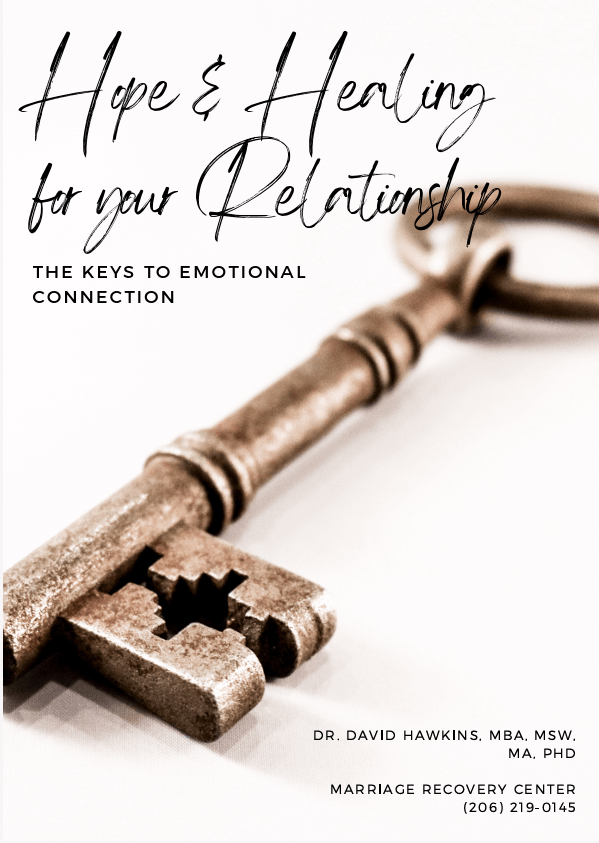What does the bible say about divorce? This is a question we get asked often from people who are in an emotionally abusive relationship, and what they really want to know is, “Does God want me to stay in an abusive marriage? Does he care about my suffering?” Are you a person of faith who is struggling with these questions and conflicted about whether to stay in an emotionally abusive marriage?
Dr. Hunt speaks to those who are wrestling with these and other questions, and encourages viewers to consider the whole of what the bible says about the heart of God and the things he cares about.
What Does The Bible Say About Divorce
Divorce is a sensitive and complex topic, especially within the context of faith. Many individuals who identify as Christians grapple with the question of what God thinks about divorce, particularly when they find themselves in emotionally abusive marriages. Dr. Lynnae Hunt, a marriage counselor at the Marriage Recovery Center, sheds light on this issue. In this article, we will delve into the biblical perspective on divorce, acknowledging its complexities and nuances.
God’s Displeasure with Divorce
The Bible is unequivocal about one aspect: God hates divorce. This sentiment is rooted in the profound symbolism of marriage within the Christian faith. Marriage is intended to mirror the perfect unity that exists among the members of the Holy Trinity, and divorce represents a tearing apart of that sacred bond. Therefore, it is understandable why God’s heart grieves when marriages end.
However, it is important to note that God’s displeasure with divorce is not the only aspect of this complex issue. The Bible also highlights numerous other things that God hates, such as a haughty spirit, a lying tongue, and hypocrisy. This broader perspective should encourage us to explore the intricacies of divorce and its implications within the context of an emotionally abusive marriage.
The Absence of Direct Biblical Guidance
While the Bible provides clear guidance on many moral issues, it does not always directly address contemporary challenges. For instance, there is no mention of issues like pornography, gambling, addiction, or violence within marriage in the Bible, as these problems were not prevalent in the biblical era. However, this does not mean that God does not have an opinion on these matters.
In such cases, we must seek to understand God’s heart by examining the overarching principles and character traits revealed throughout the Bible. This requires a deeper exploration of the Scriptures and a willingness to grapple with the complexities of modern issues.
Understanding the Wholeness of God
Rather than relying on a single scripture or a simplistic interpretation of a particular verse, we should strive to understand the complete character and heart of God. This approach acknowledges that God’s wisdom encompasses a vast array of human experiences and circumstances.
Adhering to a strict interpretation that God hates divorce without considering the broader context is inadequate. It reduces a complex issue to a mere slogan and fails to address the full scope of marital challenges individuals face today.
The Exception: Adultery
One frequently cited exception in the Bible regarding divorce is adultery. In Matthew 19:9, Jesus states, “I tell you that anyone who divorces his wife, except for sexual immorality, and marries another woman commits adultery.” This passage clearly addresses a situation in which divorce is permitted due to adultery.
However, even in this case, we must approach the matter with sensitivity and discernment. It is essential to understand the underlying principles that led to this exception. Adultery represents a profound breach of trust, and the damage it inflicts on a marriage may render it irreparable.
Complexity of Emotional Abuse
Emotional abuse within marriage is a deeply troubling issue. While the Bible does not explicitly address emotional abuse, we can deduce that it falls within the category of actions that grieve the heart of God. The emotional well-being and dignity of individuals within a marriage should never be sacrificed.
The question then becomes whether emotional abuse can cause such harm to a marriage that it becomes untenable. This is a complex issue, and the answer may vary from one situation to another. In some cases, the damage inflicted by emotional abuse may be so severe that the restoration of the marriage becomes impossible.
Conclusion
Navigating the topic of divorce within the context of faith is challenging, especially when dealing with emotionally abusive marriages. While the Bible is clear in its disapproval of divorce, it is equally clear about many other things that displease God. We must approach this issue with nuance and an understanding of the complete character of God.
In situations involving emotional abuse or other complex challenges, it is crucial to engage in deep and thoughtful discussions. Seeking guidance from trusted spiritual leaders, counselors, and support networks is essential.
Ultimately, we should strive to discern God’s heart and wisdom as we grapple with the complexities of divorce within the framework of our faith. Let us remember the biblical call to “come, let us reason together,” as we earnestly seek solutions that honor both God’s principles and the well-being of individuals in difficult marriages.
To learn how we can help, reach out to us at (206) 219-0145 or info@marriagerecoverycenter.com to speak with a Client Care Specialist
Also read: How EMDR Can Help in Emotional Abuse Recovery
About Dr. Hawkins:
The internet is inundated with hyperbole and misinformation about narcissism, leaving many people confused and hopeless. Get the facts on narcissism and emotional abuse from someone who has been researching, writing about and treating narcissism and emotional abuse for over a decade.
Dr. Hawkins is a best-selling author and clinical psychologist with over three decades of experience helping people break unhealthy patterns and build healthier relationships.
He is the founder and director of the Marriage Recovery Center and the Emotional Abuse Institute which offers education, training and counseling for people who want to break free of, and heal from, emotional abuse. Whether the perpetrator of the abuse is your spouse, partner, parent, boss, friend or family member, we offer practical advice for anyone trapped in a toxic, destructive relationship.
In addition to narcissism & emotional abuse, you’ll learn about the lesser known forms of abuse, including covert abuse, reactive abuse, spiritual abuse, secondary abuse, relationship trauma and much more.








